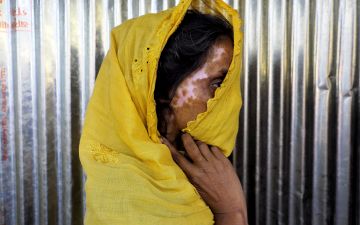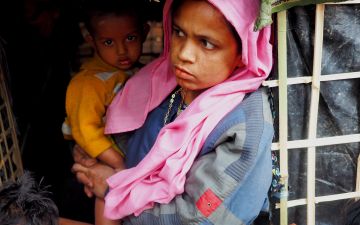For over half a century, Myanmar was one of the most isolated countries in the world, ruled by a military dictatorship that was accused of numerous human rights abuses against its people. In 2012, less than one percent of its population was connected to the internet and its number of cellphones per capita was the lowest in the world — behind even North Korea. But that same year, the military dictatorship began to liberalize, eventually allowing democratic elections in 2015 that swept it out of power and opened the nation to the globalized world.
Myanmar’s emergence as a democracy has empowered its citizens with new freedoms and a booming economy, but it has also caused disruptions across the country. Corporations have rushed to exploit the last old-growth teak forests in Asia and rich gemstone mines, causing environmental damage. Nearly 70 percent of the country’s population has rushed online in less than four years, upending traditions and social norms. Ethnic rebel groups and the government have clashed over how to share power. And America and China have dueled to influence the new government, trying to tip the balance of power in South East Asia in their favor.
For this project, Doug Bock Clark and Corey Pattison travel from Myanmar’s remote Himalayan north to the rapidly modernizing capital of Yangon, reporting on the forces struggling to shape the country’s future. Much of the reporting will take place on the first kayak descent of portions of the Irrawaddy River, allowing them to access remote and overlooked areas.



